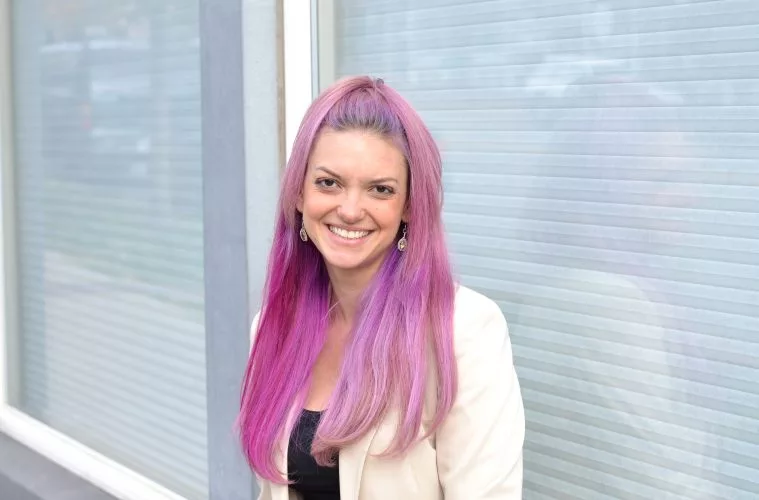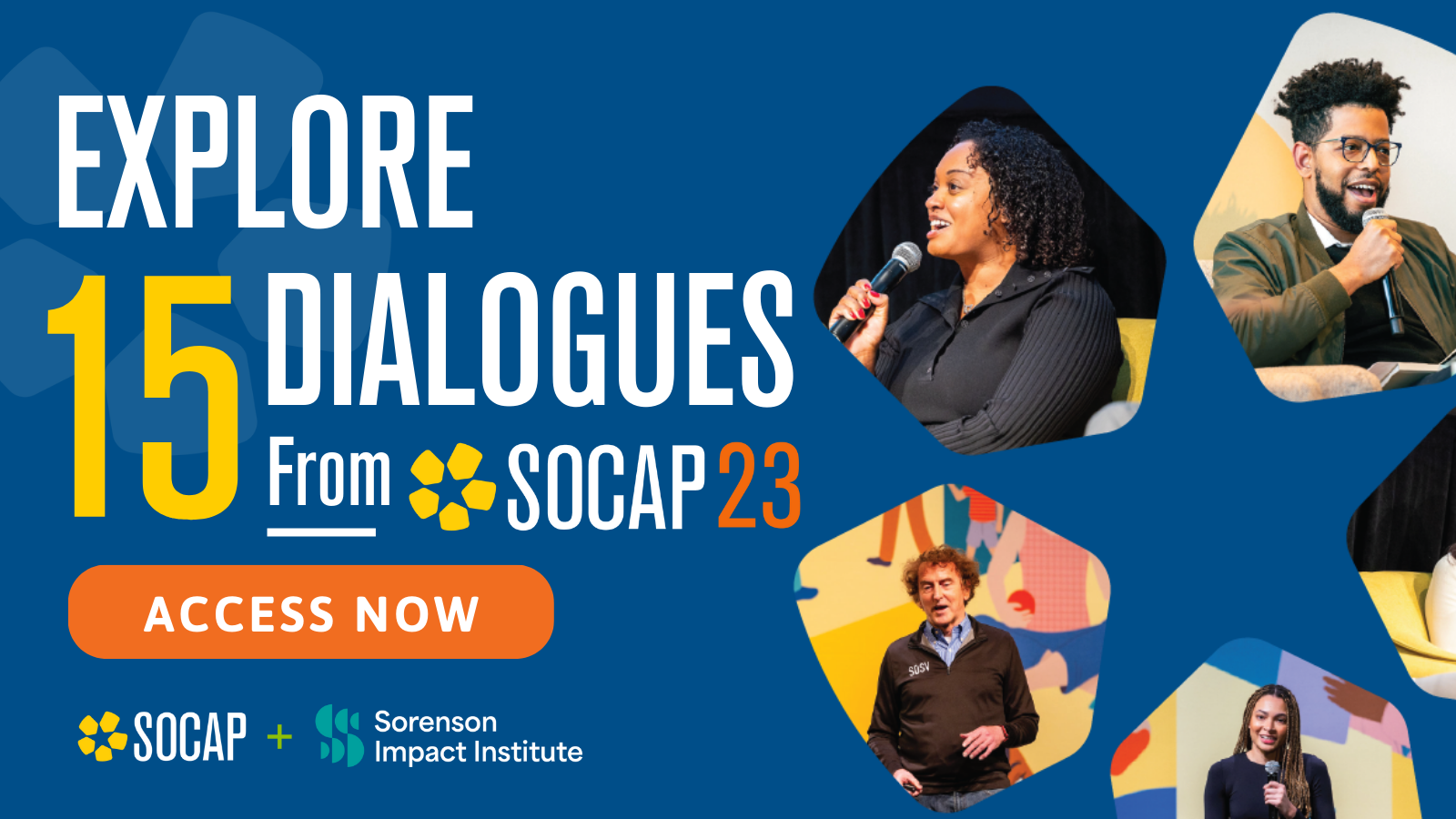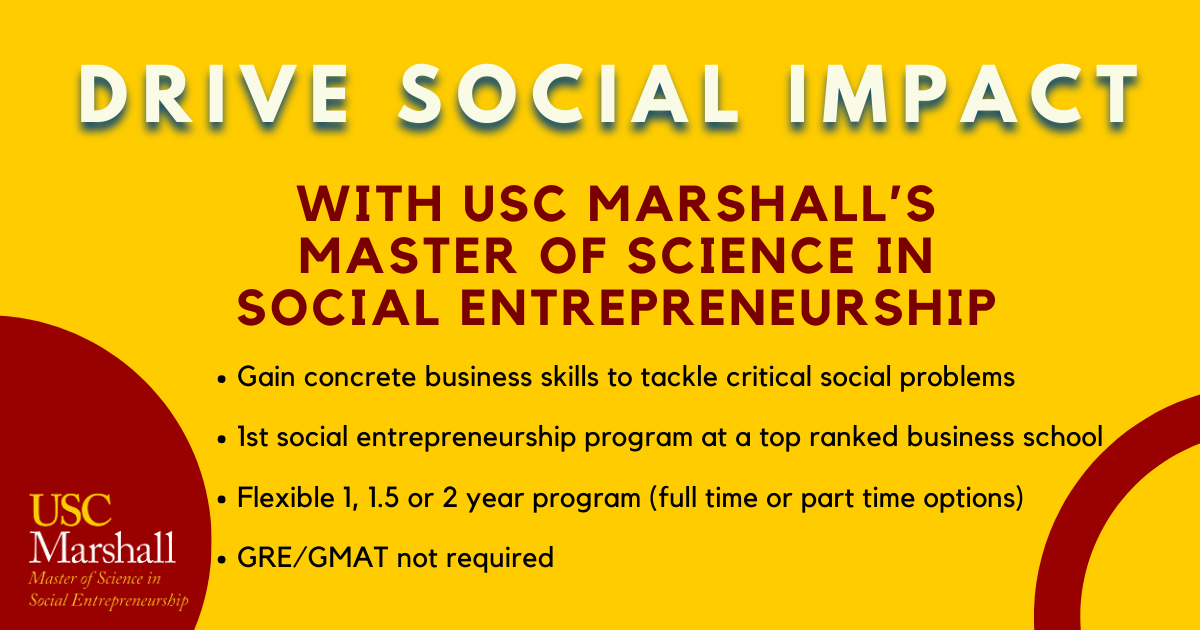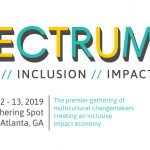
The American Dream belongs to All of Us.
—Kamala Harris
Since I started my entrepreneurial journey in 2013, I have been in countless masterminds, networking groups, and community groups related to a specific course or program. In every single group, on a regular basis, someone posts the question, “Does anyone have a good resource for finding unpaid interns?”
Depending on the group, I might just ignore the comment and keep scrolling. More times than not, I stop and say something short, such as, “It’s actually illegal to not pay an intern unless you meet a specific test put out by the government…the gist of which is that you have to be educating them, not using them for free labor.”
And, of course there are all the to-be-expected reactions about not having the money to pay someone, but needing the help, and having a lot to offer. Which I completely understand. Building a business is hard and being able to sluff off some of the easily delegated tasks can be a game changer. Trust me, I know – I have been lucky enough to have my mom to help with those for the past 7 years!
Back to those groups. Every once in a great while, I’ll take the time to write a really thoughtful response that explains that having a paid internship means you are 39% more likely to get a job offer in the private sector, after college, and when you do, it will be 36% higher than people who had an unpaid internship. Then I’ll go into the mental health and demoralizing effects that can come from doing unpaid work and how it can leave kids with feelings of resentment going forward. And then I’ll explain how not offering paid internships means you are limiting the people who can learn from you to people who don’t need money, just one more cog in the wheel of the income and wealth gap in our country.
And, only a few times, I’ve gone as far as to mention one of my favorite lessons from the money guru, Kate Northrup, there’s nothing we can’t afford. If we want it badly enough, or it’s important enough to us, we’ll figure it out.
I also believe that payment doesn’t always have to be money if you are being mindful and intentional. This year, I had my first unpaid official intern. She came to me, I wasn’t looking for her, and I am grateful she did. I knew I wasn’t going to be able to pay her once COVID hit, so I helped her find a different paid internship. I tried really hard the whole time she was with me to provide as much education as anything else. I suspect the biggest education she got was how hard it is to be an entrepreneur and a single mom when a pandemic hits!
And while it would be easy for me to say that Kate Northrup wasn’t living through a pandemic when she made the above statement, the reality is that even as my business came to a complete stop, I figured out how to buy groceries, how to buy the natural makeup I like, and how to purchase bamboo floors for my camper. The truth is, I could have given up some things and figured out how to pay my intern instead.
I was certainly not alone in these decisions. Some data says that 16+% of employers rescinded intern offers due to COVID-19, 40+% reported shortening the length of the internship, and 20% reported taking on fewer interns than they would have in the past.
What’s really interesting about all of this is that it matters. A lot. Way more than any of us probably realize. Firms are more likely to have unpaid internships than not (60%). Firms that do have paid internships are more likely to give them to people who have had unpaid internships. Which means, if you are unable to work for free, you can’t get that necessary first unpaid internship and therefore the second paid internship. Add to all of this that most, if not all, schools require you to pay for the college credit in order to have the internship listed on your transcript. So not only are students not getting paid for the internship, they are actually paying for the internship.
On top of all of this, we have data that tells us that a kindergarten student from the bottom 25% of socioeconomic status with test scores in the top 25% has only a 31% chance of earning $35,000/year by the time they are 25. When you flip it, a kindergartener in the top 25% of socioeconomic stats with test scores in the bottom 25% has a 71% chance of earning $35,000/year by the time they are 25. They are over twice as likely to hit that milestone!
I’m hoping you have come to the same conclusion as me by the time you’ve read this far into the piece. There is a very simple solution: we have to pay interns and we have to hire kids from underprivileged families and communities. It’s literally a way to level the playing field.
Just in case you are now having that very human thought of, “I run a small shop. I’m only one person. How could I ever afford to pay someone for an internship?” Let me introduce you to Kimberly Hogate, the founder of Faceted Media, in Denver, Co.
Kimberly runs a socially conscious digital marketing and PR agency that works with solopreneurs and micro-sized businesses. They provide website design + building, start-up consulting, SEO, digital marketing, and branding, all at costs that are affordable for the micro-business and by paying attention to them: helping them learn the things they want to about marketing and let go of everything else.
And she pays her interns. She figures it out because this is the most important thing to her. Kimberly knows first hand what it means to come from a background where you have to deeply struggle, where you can’t afford the bucket required to carry the water. When she first started Faceted Media – a digital marketing agency – she couldn’t even afford a computer and had to go to the library to use one of theirs!
She also knows what it feels like to be lost and feel unwanted. She graduated with a journalism degree in 2006, when print media was dropping faster than people had smart phones to keep up with the news. Even though she had finished high school early, completed college in three years (while working), and earned a 4.97 GPA, she couldn’t find a job in any time of journalism or media.
She started waiting tables and asking for more responsibility and working her way up, in spit of how demoralizing it all was. Eventually she got to an administrative position where she was able to negotiate some sales activities and corresponding commissions. And she was really good at it.
Unfortunately, she also knows what it feels like to not be valued for your work. After one year of working these sales activities, she had a meeting with her boss. Always prepared, she went in to the meeting with papers in hand to show how much money she had made the company over the past year.
The response was a, “No, we will not be approving your raise, but here’s a pineapple my wife picked up for you at the farmer’s market.” Translation: complete negation of the value she brought to the company. Right then she decided that she would never have to justify her value to someone. And that she would help other kids like her have that same success.
Her mission is simple: pay her interns, teach them by having them work on important client projects, and remind them that they are special and they should never let anyone tell them otherwise. Not only does she pass this message on to the interns who work with her, but she also shares it with the greater Denver public schools through entrepreneurship talks.
Her motivation is also simple: “It’s individual happiness that creates large scale change.” She tells me that when people have freedom and they are taken care of and valued, they are able to flourish. She helps them get a solid resume so that they never have to answer the question, “What’s your backup plan?” And they hopefully never find themselves unable to find work, in spite of the accomplishments they have.
Remember the financial choices I mentioned above – the things I chose to figure out how to pay for during the pandemic? It would have been super easy for Kimberly to apologize to these kids and say that her business was halting, as I’m sure it did or likely close to it, and that she wasn’t going to be able to pay them anymore. Super easy has never been her style though! Instead, she stayed true to her compass and continued paying her interns while their camps were shutting down, their lives were crumbling, and I suspect many of them were wondering how they would eat or where they would live.
What a way to reinforce what she’s been telling them all these years: that they are special and valuable. As I always do, I ask Kimberly what she hopes her dream legacy will be from her work. “Dream Legacy? I’m already doing it! I’m inspiring kids to understand that they can do what they want, that art can absolutely be a career, and that they can achieve their dreams.”
Turns out, at least in Kimberly’s world, Kamala Harris was right: “The American Dream is for everyone.” And by following her lead, we can make it true in a lot of other people’s worlds!
You can connect with Kimberly and Faceted Media on her website.
This article is part of a series by LaKay Cornell on innovation, to read the next article in the series click here.






